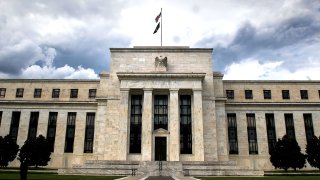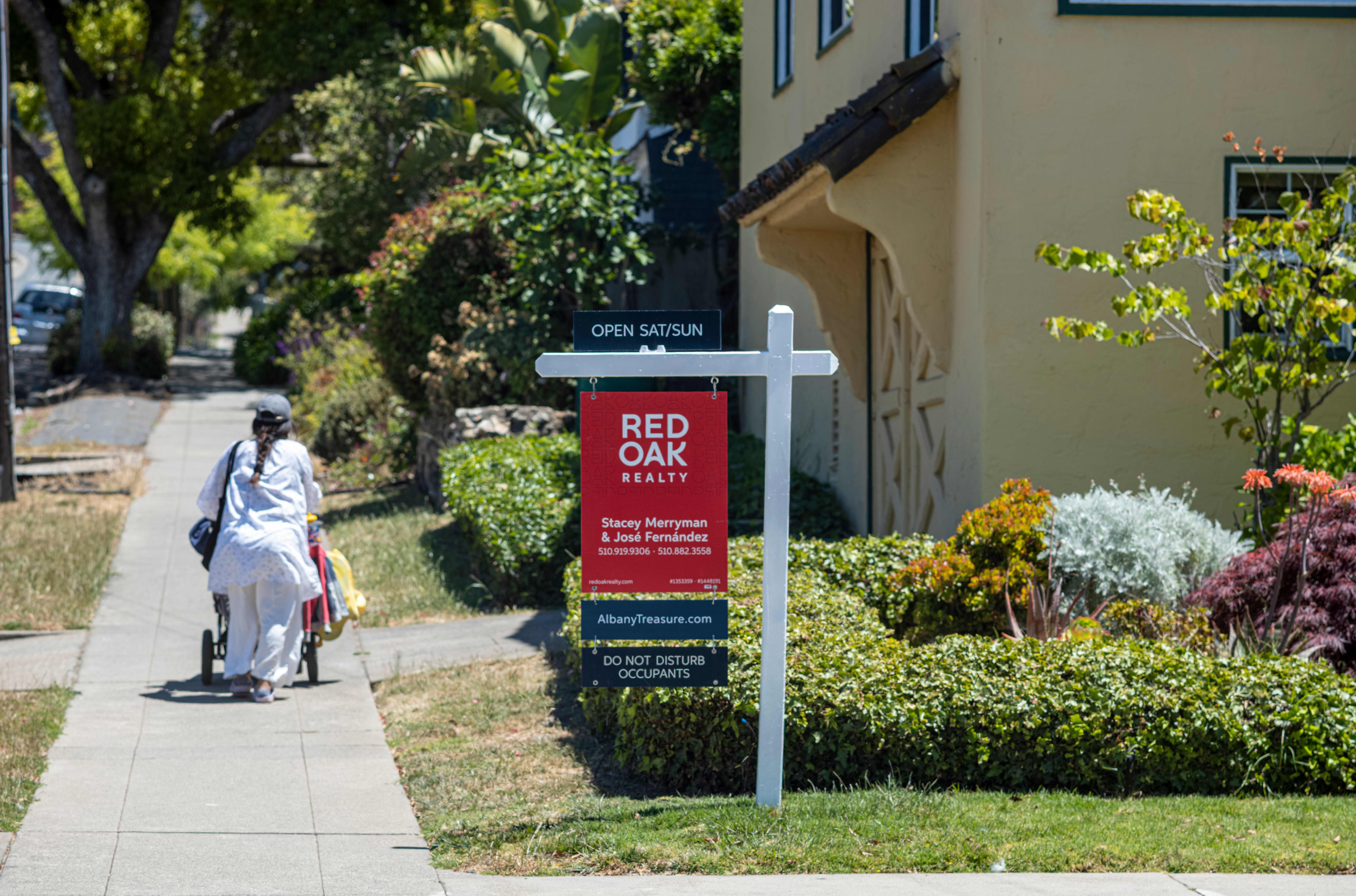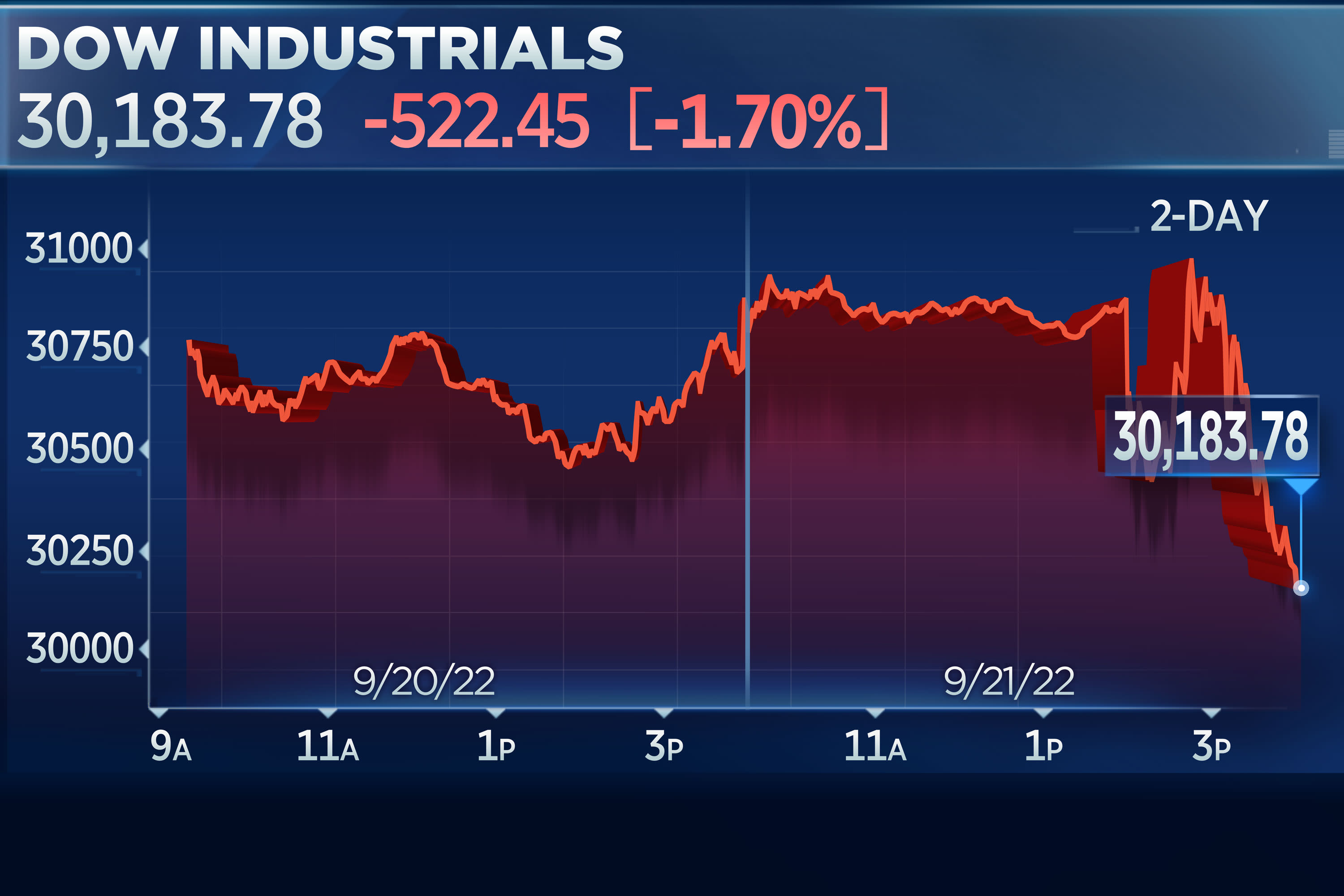
Inflation now appears increasingly fueled by higher wages and by consumers’ steady desire to spend and less by the supply shortages that had bedeviled the economy during the pandemic recession. On Sunday, though, Biden said on CBS’ “60 Minutes” that he believed a soft landing for the economy was still possible, suggesting that his administration’s recent energy and health care legislation would lower prices for pharmaceuticals and health care.
Some economists are beginning to express concern that the Fed’s rapid rate hikes -- the fastest since the early 1980s -- will cause more economic damage than necessary to tame inflation. Mike Konczal, an economist at the Roosevelt Institute, noted that the economy is already slowing and that wage increases – a key driver of inflation -- are levelling off and by some measures even declining a bit.
Surveys also show that Americans are expecting inflation to ease significantly over the next five years. That is an important trend because inflation expectations can become self-fulfilling: If people expect inflation to ease, some will feel less pressure to accelerate their purchases. Less spending would then help moderate price increases.
Konczal said there is a case to be made for the Fed to slow its rate hikes over the next two meetings.
“Given the cooling that’s coming,” he said, “you don’t want to rush into this.”
The Fed’s rapid rate hikes mirror steps that other major central banks are taking, contributing to concerns about a potential global recession. The European Central Bank last week raised its benchmark rate by three-quarters of a percentage point. The Bank of England, the Reserve Bank of Australia and the Bank of Canada have all carried out hefty rate increases in recent weeks.
And in China, the world’s second-largest economy, growth is already suffering from the government’s repeated COVID lockdowns. If recession sweeps through most large economies, that could derail the U.S. economy, too.
Even at the Fed’s accelerated pace of rate hikes, some economists — and some Fed officials — argue that they have yet to raise rates to a level that would actually restrict borrowing and spending and slow growth.
Get a weekly recap of the latest San Francisco Bay Area housing news. Sign up for NBC Bay Area’s Housing Deconstructed newsletter.
Many economists sound convinced that widespread layoffs will be necessary to slow rising prices. Research published earlier this month under the auspices of the Brookings Institution concluded that unemployment might have to go as high as 7.5% to get inflation back to the Fed’s 2% target.
Only a downturn that harsh would reduce wage growth and consumer spending enough to cool inflation, according to the research, by Johns Hopkins University economist Laurence Ball and two economists at the International Monetary Fund.



